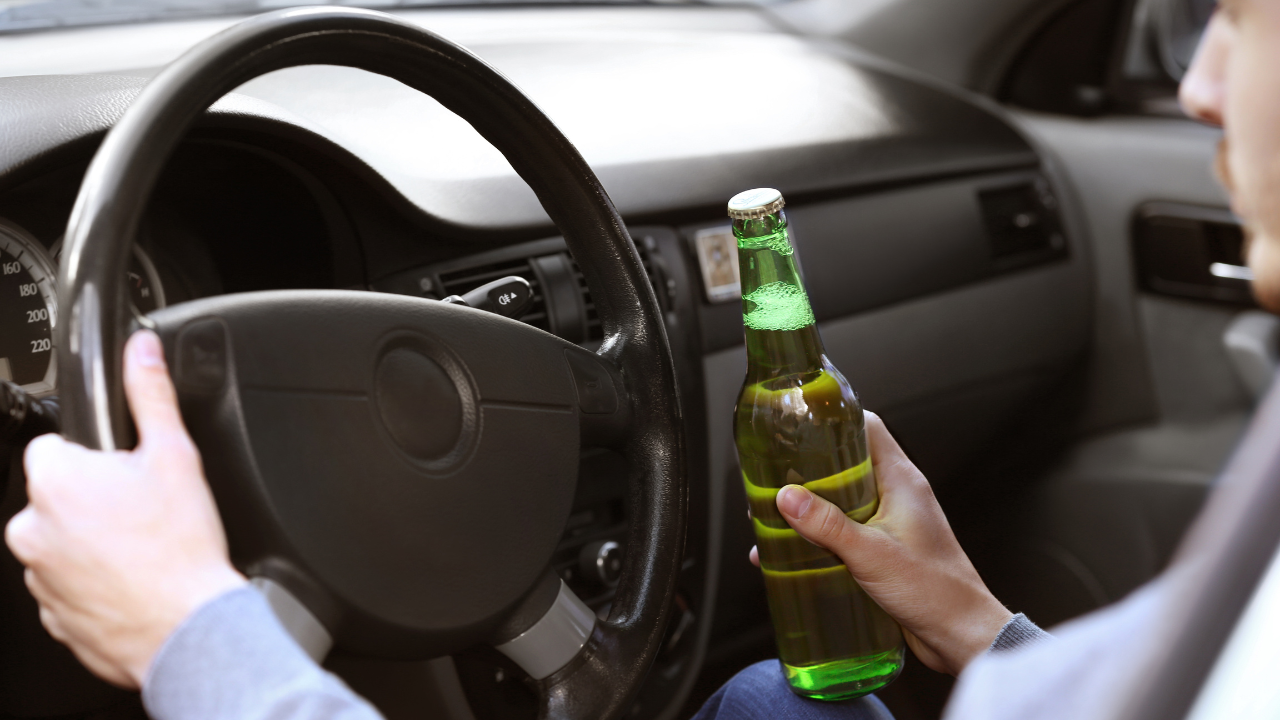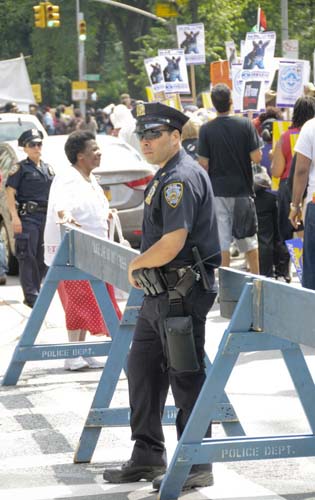New York has introduced stricter rules for individuals who repeatedly drive under the influence of alcohol or drugs. The new “Forfeit After Four” rules were enacted by the state to improve roadway safety by addressing the dangers of repeatedly impaired drivers who receive multiple DWIs. For example, in New York State, more than 30% of fatal car crashes are alcohol-related.
New York drivers with drug or alcohol-related convictions on their record should be aware of this new rule to avoid losing their driving privileges. In this article, we break down the Forfeit After Four rules, explaining what it entails, the consequences of breaking the rule, and how an attorney can help drivers fight alcohol or drug-related charges to avoid losing their license. If you are facing charges for driving under the influence, an experienced attorney from Rosenblum Law can help you fight the ticket, increasing the likelihood that you can keep your license.
What Is the ‘Forfeit After Four’ Rule in NY?
The Forfeit After Four rules were implemented by the New York State Department of Motor Vehicles (DMV) on January 3, 2025. The law was enacted to enhance road safety by targeting drivers who repeatedly operate vehicles under the influence of alcohol or drugs. Advocates for this legislation argued that stricter measures were necessary to stop persistently impaired drivers from endangering other drivers.
Under this rule, drivers with four or more DWIs, or alcohol- or drug-related driving offenses, will face a permanent revocation of their driver’s license. Unlike previous laws, which allowed for license reinstatement in some cases after a defined period, this new rule offers no pathway for repeat offenders to reinstate their NY license. Meaning, the license revocation is permanent.
Consequences for Violating the ‘Forfeit After Four’ Rule
The consequences for violating the Forfeit After Four Rule include permanent loss of one’s driver’s license under certain conditions and greater difficulty renewing a license under other conditions. Specifically:
- Drivers will permanently lose their driving privileges after four drug- or alcohol-related convictions or incidents, meaning they will not legally be able to drive a motor vehicle, whether their own or someone else's.
- The DMV can permanently deny individuals a license if they have three drug- or alcohol-related convictions or incidents plus one or more serious driving offenses.
- Applicants with three drug- or alcohol-related convictions but no serious driving offenses may face a two-year denial when applying for re-licensure, or a license renewal. If the driver has a current license revocation for an alcohol- or drug-related conviction, the denial period increases to five years.
Resources for Drivers with One or More DWIs
Under New York’s Forfeit After Four Rule, drivers with one or more DWIs on their record should be informed about the resources available to them to avoid further DWIs. Below are some valuable resources to help drivers with DWIs address addiction issues, complete mandated programs, or seek support:
- New York State Office of Addiction Services and Supports (OASAS): OASAS provides a range of services, including addiction treatment programs, counseling, and support groups for individuals dealing with alcohol and drug dependency.
- STOP-DWI New York: STOP-DWI offers education, prevention initiatives, and treatment referrals, helping drivers understand the impact of their actions and work toward safer habits.
- Unitas – DWI and DUI Treatment: This organization specializes in personalized DWI and DUI treatment programs, helping drivers prevent further offenses and comply with court-ordered requirements.
- The Addiction Institute at Mount Sinai: The Addiction Institute offers treatment for substance use disorders.
Facing a License Revocation Under the ‘Forfeit After Four’ Law? Contact Rosenblum Law Today
Losing your driver’s license under New York’s “Forfeit After Four” rule can have a significant impact on your life, affecting your ability to work, attend medical appointments, and manage everyday tasks. While the law is strict, drivers affected by the rule can fight their DWI conviction, seeking to ensure they don’t reach the threshold required to lose their driving privileges in New York.
At Rosenblum Law, our experienced attorneys are dedicated to helping drivers fight DWIs so they don’t face a permanent license suspension under this new law. One of our attorneys will thoroughly review your case to identify potential defenses and protect your rights. Contact us today for a free consultation.
FAQs
What are the ‘Forfeit After Four’ rules, and who do they apply to?
The “Forfeit After Four” rules are contained in a New York law enacted in 2025 that imposes a permanent license revocation on drivers with four or more alcohol- or drug-related driving offenses. The rules apply to any driver who meets this threshold, regardless of the circumstances of each individual offense.
How do the ‘Forfeit After Four’ rules define a ‘persistently impaired driver’?
A "persistently impaired driver" is defined as someone who has committed four or more offenses related to driving while impaired by alcohol or drugs. This includes driving while intoxicated, which is called a DWI in New York.
Why were the ‘Forfeit After Four’ rules implemented?
These rules were implemented to address the dangers posed by repeatedly impaired drivers, as driving under the influence of alcohol or drugs can lead to serious or even fatal car accidents. By imposing lifetime license revocation for persistent offenders, the goal of the rules is to improve roadway safety and reduce alcohol- and drug-related crashes.
Are there any conditions under which a driver can get their license reinstated after revocation under these rules?
No. The Forfeit After Four rules impose a permanent revocation of driving privileges, with no possibility for reinstatement for those who meet the criteria. This is why it’s crucial to hire a skilled traffic ticket attorney to fight alcohol- or drug-related driving offenses. Effective legal representation can help prevent these charges from accumulating and potentially qualify you for penalties under the Forfeit After Four rules.
Do these rules apply retroactively to drivers with previous convictions, or do they only affect future offenses?
The rules apply retroactively. Past DWIs and alcohol- or drug-related driving offenses are also counted toward the four total offenses that would require someone to give up their driving privileges in NY. This means that drivers with prior offenses can be impacted by the law even if some of their driving convictions occurred before the rules were enacted.





